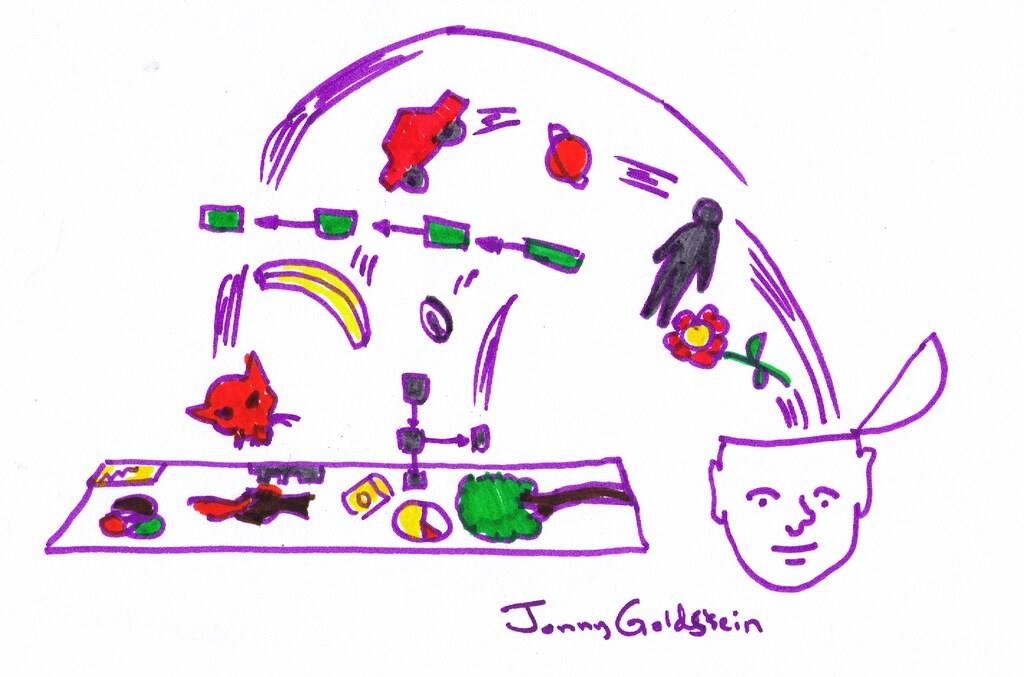Retrieval practice is a learning strategy that focuses on recalling facts or concepts from your memory in order to enhance learning. By recalling information, we are forced to pull our knowledge out and examine what we know. Many times, in the classroom, retrieval practice is confused as an assessment strategy, which it is not. It is a learning strategy that can include any activity that has students retrieve what they have learned from their memory.
Research on Retrieval Practice
According to Pooja Agarwal, Ph.D., founder of RetrievalPractice.org, retrieval practice boosts learning by pulling information out of students’ heads rather than cramming information into students’ heads. Based on more than 100 years of research, simply retrieving what you’ve already learned further boosts your long-term learning. There is a lot of additional interesting research on retrieval practice that is worthy of exploration.
Ways to Use Retrieval Practice in the Classroom
There are many ways to use retrieval practice in your instruction. Below are a few ideas:
Brain Dump
Ask students to write down everything they know about a certain topic. They should not use any assistance while completing this. Give them a couple of minutes to complete the task. Then, students can compare what they wrote down with other students or in small groups. They can discuss similarities, differences, or any misconceptions. Lastly, a whole-class discussion can be held around the topic or concept that was originally presented.

Flashcards
A classic example of retrieval practice is using flashcards. These are tasks where cards are displayed containing a word or a picture. Then, students are asked to retrieve their knowledge of what they are shown, recalling facts they know. Students should go through the flashcards multiple times and say as much of the information as possible out loud before flipping the card.
Low-Stake Quizzes
Frequent low-stakes quizzes are an easy way to incorporate retrieval practice. Quizzes can be free response, multiple choice, or another format. Also, polling students works well for low-stakes assessments. With digital tools like Google Forms, getting feedback is automatic and quick. Remind students that the quizzes are not for a grade but more for showing what they know.
For more information on retrieval practice, check out the resources below:
- Use this Puzzle Maker Tool for Retrieval Practice
- Two Strategies to Help Make Learning Stick
- Three Ways Which Retrieval Boosts Learning
- QuizFlight: Soar with Retrieval Practice Strategy


